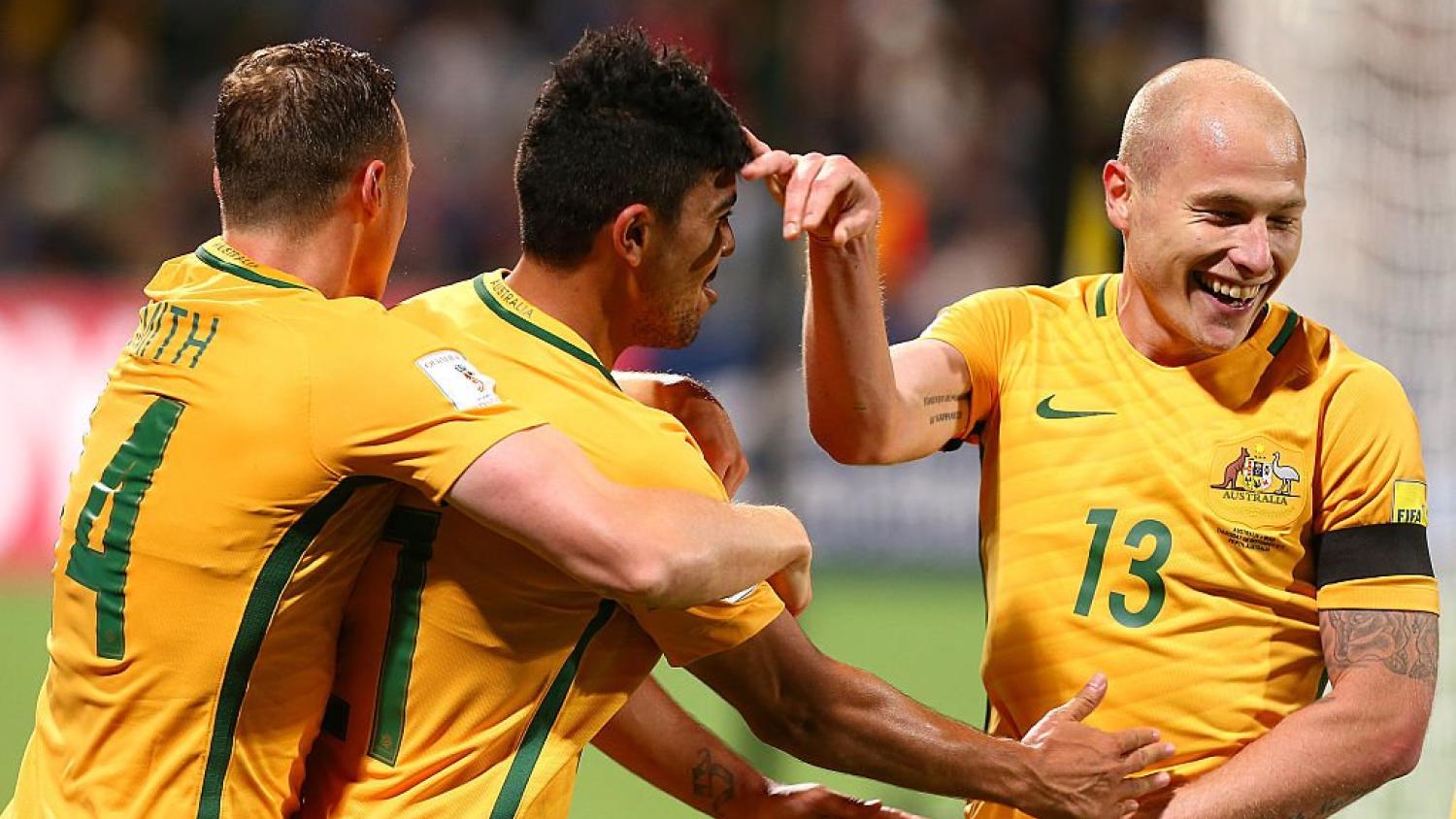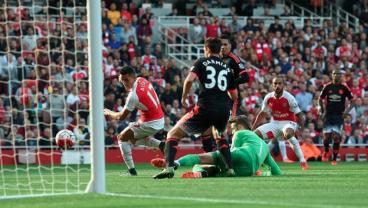2017 FIFA Confederations Cup Preview: Australia
History and Background
Football hasn’t always been a major sport in Australia. Although the national team was formed in 1922, the country didn’t participate in the first seven World Cups. When they did decide to start participating, they failed to qualify in their first two tries — losing to North Korea in the playoffs for 1966 and Israel in ’70.
The Aussies finally got a taste of the World Cup in 1974, when a group of amateurs finished last in their group after drawing with Chile while losing to East Germany and West Germany.
The nation, however, would not qualify again for another 32 years, until the World Cup was hosted in Germany in 2006. This fact did not truly reflect their footballing state though, as the team had tremendously improved during that time period even without their involvement on the world’s biggest stage.
Despite the sport lagging behind Australian Rules Football, rugby and cricket — Australia’s large population and waves of immigrants made football grow steadily throughout the 70s, 80s and 90s. A new generation of European-based players such as Aurelio Vidmar, Graham Arnold, Frank Farina, Carl Veart and Ned Zelic almost took the Socceroos to the 1994 World Cup. After beating Canada in the first round of playoffs, they ran into powerhouse Argentina in the final round.
Australia wasn’t intimidated, despite the South American champions containing superstars such as Diego Maradona, Gabriel Batistuta, Diego Simeone and Abel Balbo. After holding out for a 1-1 draw at the packed Sydney Stadium in the first leg, the Aussies narrowly lost the return leg due to an Alex Tobin own goal.
Even though they missed out on the chance to be in the World Cup, the golden generation of Australian football was born — with Manchester United’s Mark Bosnich, former Liverpool man Harry Kewell, Celtic and Middlesbrough’s Mark Viduka and Robbie Slater, who won the Premier League with Blackburn Rovers.
They again missed out on the 1998 World Cup, this time in an even more disappointing manner. After drawing 1-1 with Iran back in Tehran, they allowed two late goals in Melbourne to finish the match 2-2 in the second leg. This allowed the Iranians to advance on away goals, breaking the hearts of almost 100,000 people in attendance at the Melbourne Cricket Ground.
It wasn’t all bad for the Aussies though as they participated in the 1997 Confederations Cup a month later, the country’s first appearance in the competition. They stunned the world by beating Mexico and drawing with Brazil in the group stage, while advancing past Uruguay in the semis. However, they were simply outmatched when facing Brazil again in the final, losing 6-0.
The country appeared once again at the 2001 Confederations Cup, putting on another note-worthy performance. With stars like Mark Schwarzer, Brett Emerton, John Aloisi, Mark Bresciano and Mile Sterjovski added, they were arguably even stronger. They finished third in the Cup, beating Mexico, France and Brazil along the way.
The Socceroos’s most successful period came during the 2006 World Cup. In their first appearance at the tournament since 1974, they made it to the knockout stage — narrowly losing out to the eventual champions Italy by way of a controversial last minute penalty.
The team then started to decline. They joined the AFC to face better competition, but Australia has failed to continuously produce quality players. As a result, they went out at the group stage in the last two World Cups. They did win the Asian Cup for the first time in 2015, which they hosted, but they’ve not looked entirely convincing to fans.
Coaching Overview
After embarrassing friendly defeats to Brazil and France in late 2013, where Australia lost 6-0 in both games, German coach Holger Osieck was sacked and Ange Postecoglou was brought in as an emergency hiring. The Melbourne native had a decent spell with the Brisbane Roar and Melbourne Victory, but it was nowhere near the big-name appointment the fans craved.
Postecoglou did okay with the team at the 2014 World Cup. Although they lost all three games, shipping out a total of nine goals, it was understandable due the Socceroos being in a group of death containing Spain, Chile and the Netherlands. The 51-year-old led his country to silverware six months later in the Asian Cup, beating South Korea in extra time to become the Asian champions for the first time and qualify for the Confederations Cup.
An impressive stat for Postecoglou is that the team hasn’t lost a competitive fixture since October of 2015, and Australia looks to be one of the best sides in Asia on paper. The manager will use this tournament as valuable experience for many of the youngsters he will be bringing.
Current Squad
This Australia side will have their fair share of youngsters in the squad. Although this team is not as star-studded as the golden generation of 2006, this is still a competitive side who, on their day, can put up a good fight against anyone.
26-year-old Aaron Mooy just enjoyed a tremendous season with Huddersfield Town, where he helped the club get promoted to the Premier League for the first time in their history. It’s being reported that he’s set for a permanent £10 million switch to the Terriers from his parent club Manchester City, which will do a world of good for the attacker.
Another big name in this Socceroos squad is Matthew Ryan, who is on the move as well, leaving Valencia for Brighton & Hove Albion on a £6m fee. The 25-year-old had a difficult spell in Spain, but he impressed the recently promoted Premier League side with his performances on loan in Genk.
QPR’s Massimo Luongo is a big part of the upcoming generation for Australia, along with Hertha Berlin’s Mathew Leckie, Luzern’s Tomi Juric, Darmstadt’s Jamie Maclaren and Celtic’s Tom Rogic. The captain Tim Cahill will most likely be on the bench for the majority of the time, but the 37-year-old will be an important figure in the dressing room — especially with Mile Jedinak missing due to injury.
Prediction
Although Australia may not have a lot of dangerous players in the side, they do have a good chance of getting out of the group due to Cameroon and Germany opting not to bring in their superstars. The Aussies will be familiar with Chile’s style of play, who they faced in the World Cup three years ago.
Overall, they need to start the tournament off on the right foot by doing well against Germany. Their result in the first game will probably decide their fate in the next two. The realistic target is to get four points, which is possible given their recent competitive performances.
Although they could pull off an upset, they’ll probably finish the group in third place — which certainly wouldn’t be a disaster from a Socceroos’ standpoint.
Matches
- 6/19 — Australia vs Germany
- 6/22 — Australia vs Cameroon
- 6/25 — Australia vs Chile

 Home
Home


